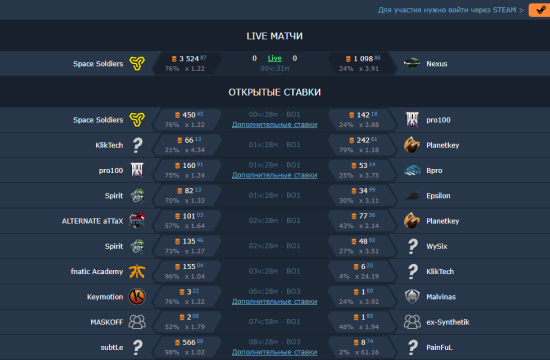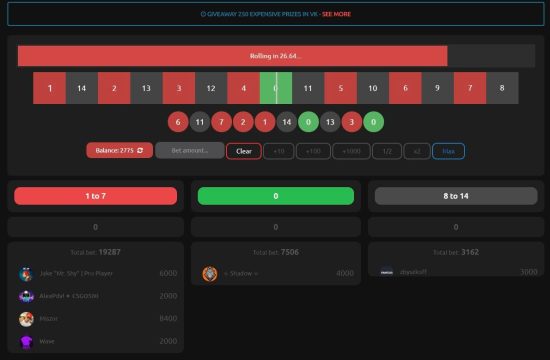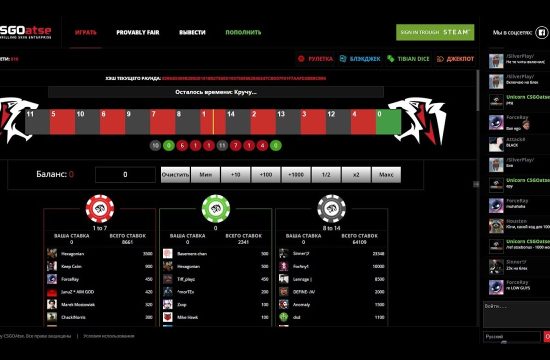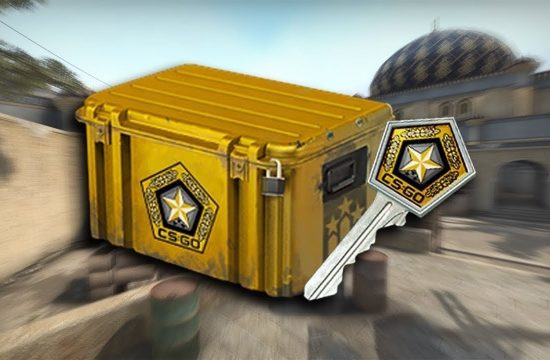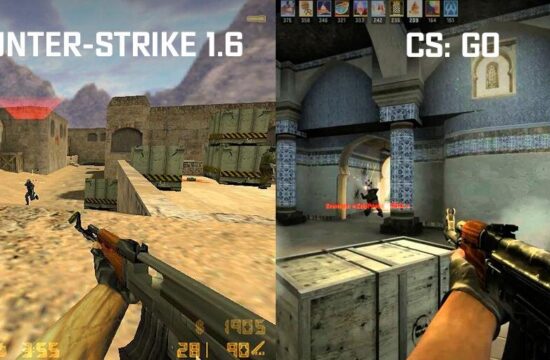
What is a trust factor?
Trust factor is a player characteristic used in matchmaking for a number of games on Steam, for instance, CS:GO.
It reflects the conscientiousness and reliability of a particular person. When selecting a match, players come across allies and opponents who have a similar trust factor, which allows fair and decent players not to intersect with violators.
The trust factor mechanic has been around for a long time, but Valve continues to keep the details of how it works in secret. Even in the official Steam Support FAQ some questions aren’t answered. That is why I decided to write information that can help understand how the trust factor is formed.
